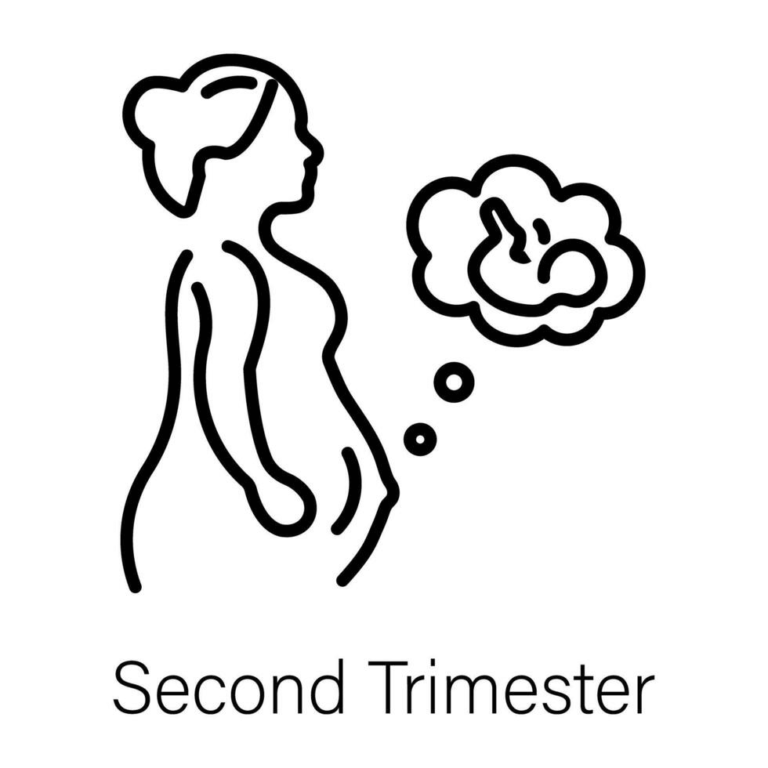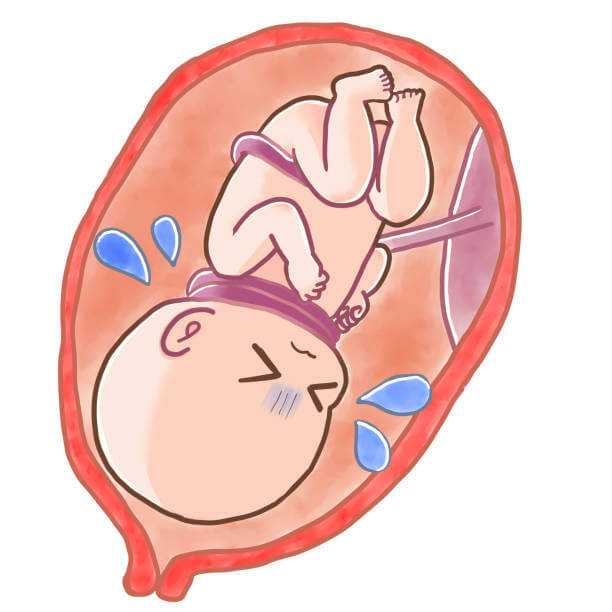The Fourth Trimester: A Critical Period for Mothers and Babies

We often hear about the three trimesters of pregnancy, but there’s a crucial fourth trimester that needs more attention. This period, from birth to 12 weeks postpartum, is vital for both mothers and babies. Unfortunately, it’s often overlooked in women’s healthcare.
As an obstetrician-gynecologist, I see how medical care focuses on achieving a healthy pregnancy and baby. However, the postpartum period, or the fourth trimester, requires just as much care. At babyix.com, we emphasize the importance of this phase for a healthy recovery and development.
What is the Fourth Trimester?
The fourth trimester covers the first three months after childbirth. While prenatal care is rigorous, postpartum care often consists of a single visit six to eight weeks after birth. This gap can be inadequate, as new mothers deal with physical recovery, emotional challenges, and the demands of newborn care.
The Importance of the Fourth Trimester
During the fourth trimester, newborns receive close monitoring, but mothers often do not. This period is marked by significant physical and emotional changes, requiring comprehensive care and support. Despite the joy of welcoming a new baby, many women face pain from childbirth, breastfeeding difficulties, and sleep deprivation.
Changing Attitudes Toward Postpartum Care
Thankfully, attitudes are shifting. The American College of Obstetrics and Gynecology (ACOG) now recommends enhanced postpartum care focusing on maternal health. This includes closer follow-ups, specific guidelines for doctors, and a call for changes in reimbursement policies to support continuous, individualized care for new mothers.
Also read: A Complete Guide To The Fourth Trimester
How to Gain Support During the Fourth Trimester
If you’re pregnant, discuss your postpartum care plan with your obstetric team. Create a “postpartum plan” using online resources like those from babyix.com to anticipate challenges and prepare for the support you need. Include a medical section in your plan, addressing these questions with your healthcare providers:
- Do you have medical or emotional conditions that may change postpartum?
- Will your medications need adjustments?
- What warning signs should you and your family watch for?
- When should you have your first postpartum check-up?
Pregnancy and Future Health
Pregnancy provides insights into your long-term health. Discuss with your providers how to maintain health discoveries made during pregnancy as part of your ongoing health plan.
For more information and support during the fourth trimester, visit babyix.com. Our resources and expert advice can help ensure a healthy and smooth transition for both you and your baby.
Also read: The Fourth Trimester: Your Baby’s Development And Maternal Recovery






